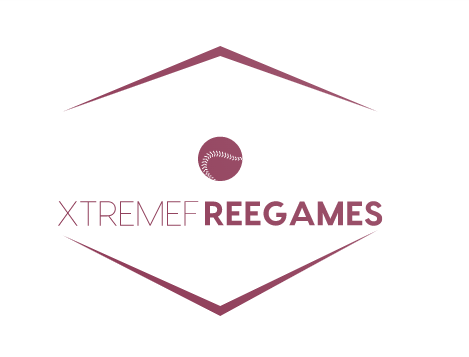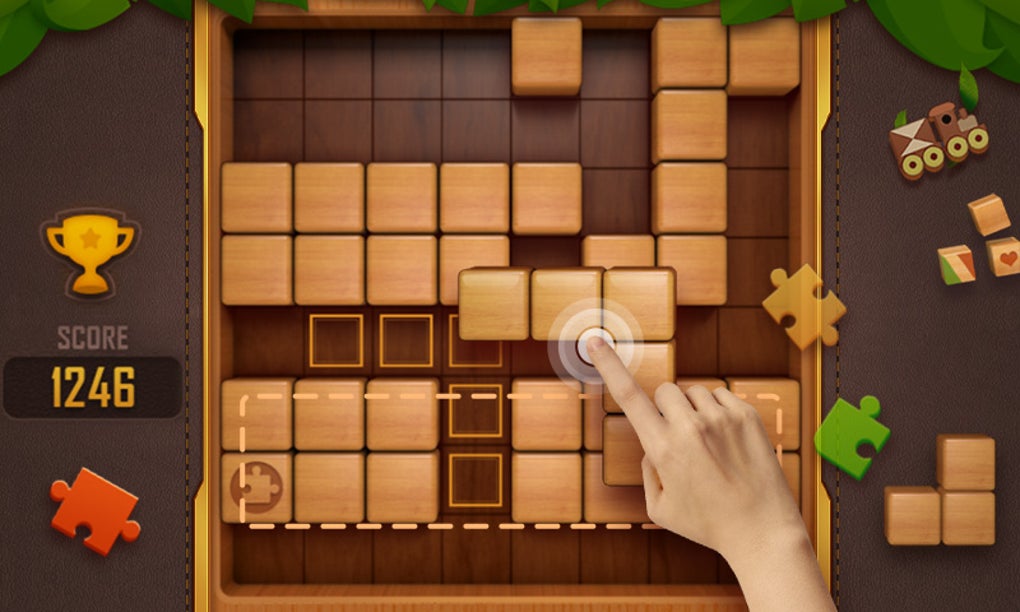In the vast realm of digital gaming, enthusiasts often find themselves torn between the immersive worlds of jigsaw puzzle games and block games. Both genres offer unique challenges, engaging mechanics, and a sense of accomplishment for players. In this exploration, we will delve into the distinctive features of jigsaw puzzle games and block games, shedding light on their individual merits, gameplay dynamics, and the preferences they cater to.
The Artistry of Jigsaw Puzzle Games
Visual Prowess:
Jigsaw puzzle games are renowned for their emphasis on visual appeal. Players are tasked with assembling intricate images, ranging from serene landscapes to detailed artworks. The visual richness of these puzzles adds a layer of artistic appreciation to the gameplay.
Complexity in Pieces:
Each piece in a jigsaw puzzle carries a unique shape, contributing to the challenge of fitting them together. The complexity of these shapes demands keen spatial awareness and pattern recognition from players, creating a cerebral and visually stimulating experience.
Varied Difficulty Levels:
Jigsaw puzzle games often provide a spectrum of difficulty levels. Beginners can start with smaller puzzles featuring fewer pieces, while seasoned players can take on larger, more intricate challenges. This adaptability caters to a diverse audience.
The Strategy of Block Games
Spatial Planning:
Block games, on the other hand, revolve around spatial planning and strategic placement of geometric shapes. The challenge lies in fitting blocks together within a confined space, requiring players to think ahead and consider the ramifications of each move.
Tetris Legacy:
The iconic game Tetris is a prime example of block gaming. Its enduring popularity attests to the timeless appeal of arranging falling blocks to create solid lines. Block games often incorporate this fundamental Tetris mechanic, challenging players to achieve efficiency in stacking blocks.
Instant Gratification:
Block games often offer a faster pace compared to the meticulous assembly of jigsaw puzzle pieces. The instant gratification of completing lines and seeing the blocks disappear creates a dynamic and exhilarating gaming experience.
Common Ground: Cognitive Challenges
Cognitive Stimulation:
Both jigsaw puzzle games and block games provide cognitive stimulation. Jigsaw puzzles hone pattern recognition and spatial reasoning, while block games enhance strategic thinking and quick decision-making. Engaging with either genre contributes to mental agility.
Problem-Solving Skills:
Whether you’re piecing together an image or strategically placing blocks, both genres foster problem-solving skills. Players must analyze the available pieces or blocks, plan their moves, and adapt to changing scenarios within the game.
Personal Preferences: Understanding Player Tendencies
Art Enthusiasts’ Haven:
Jigsaw puzzle games often attract players with a penchant for art and aesthetics. The joy of revealing a complete and visually stunning image serves as a reward for those who appreciate the artistic elements embedded in each puzzle.
Strategists’ Playground:
Block games appeal to individuals who relish strategic challenges. The dynamic nature of arranging blocks in real-time and the constant need for efficient spatial planning resonate with those who enjoy the thrill of quick decision-making.
Immersive Experiences: Beyond Gameplay
Relaxation and Mindfulness:
Jigsaw puzzle games are known for their calming and mindful qualities. The slow and deliberate process of fitting pieces together can serve as a therapeutic activity, offering a serene escape from the hustle and bustle of daily life.
Adrenaline Rush:
Block games inject an adrenaline rush into gaming sessions. The fast-paced nature, especially in titles like Tetris, challenges players’ reflexes and ability to think on their feet. This genre is often associated with an energetic and dynamic gaming atmosphere.
Technological Advancements: Beyond Traditional Constraints
Digital Adaptations:
Both jigsaw puzzle games and block games have seamlessly transitioned into the digital realm. The flexibility of digital platforms allows for dynamic adaptations, providing players with enhanced features, customization options, and accessibility across various devices.
Innovative Variations:
Technological advancements have paved the way for innovative variations within each genre. Jigsaw puzzle games may incorporate interactive elements, and block games may introduce novel mechanics, creating fresh experiences for players.
Community Engagement: Sharing the Joy
Online Communities:
Both genres boast vibrant online communities where players share their achievements, strategies, and insights. Engaging with these communities enhances the overall gaming experience, fostering a sense of camaraderie among players with similar interests.
Competitive Platforms:
Competitive platforms often host tournaments or challenges for both jigsaw puzzle games and block games. Players can showcase their skills, compete against others, and partake in a competitive yet friendly gaming environment.
The Evolving Landscape: Hybrid Games
Hybrid Experiences:
The gaming landscape continues to evolve, giving rise to hybrid games that blend elements of jigsaw puzzle games and block games. These innovative titles provide players with a diverse and multifaceted gaming experience, bridging the gap between the two genres.
Customizable Challenges:
Some games allow players to customize their challenges by combining the meticulous assembly of jigsaw puzzles with the strategic stacking of blocks. This customization caters to players who enjoy the best of both worlds.
Conclusion
In the spirited debate between jigsaw puzzle games and block games, one can appreciate the beauty of diversity within the gaming landscape. Each genre offers a distinct set of challenges, appeals to different player preferences, and contributes to the rich tapestry of gaming pleasures.
Whether you find solace in the deliberate assembly of jigsaw puzzle pieces or revel in the dynamic rush of placing blocks with precision, the gaming world welcomes enthusiasts from both realms. Ultimately, the choice between jigsaw puzzle games and block games becomes a matter of personal taste, allowing players to explore and enjoy the unique delights offered by each genre. As the gaming landscape continues to evolve, players can anticipate even more innovative experiences that blur the lines between these beloved gaming categories.

